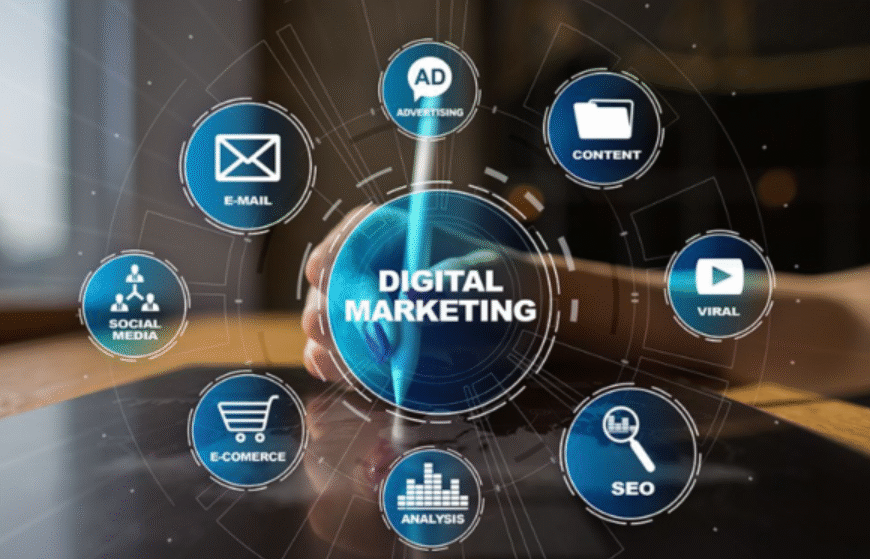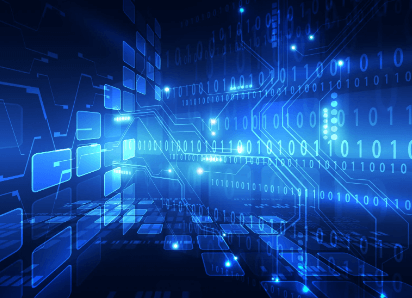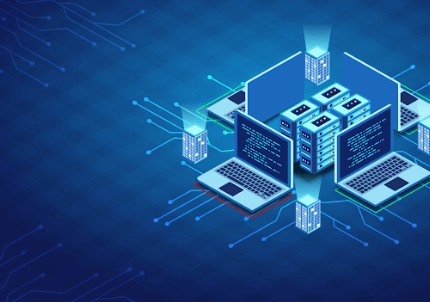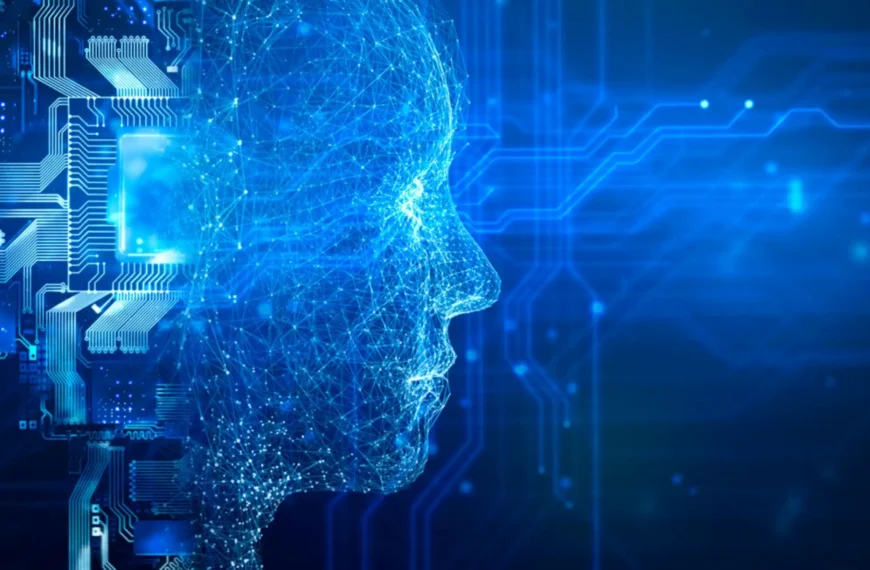Technology has become an inseparable part of human life. From communication to education, from healthcare to business, every sector is experiencing rapid transformation due to technological advancements. In today’s digital era, understanding technology and its impact is not just important, it is essential for growth, progress, and success.
Importance of Technology in Everyday Life
Technology has simplified human life in countless ways. It provides convenience, speed, and efficiency in almost everything we do.
Communication Made Easier
Modern technology has revolutionized communication. With smartphones, social media, and video conferencing platforms, people can connect with friends, families, and colleagues across the globe in real-time. Platforms like WhatsApp, Zoom, and Google Meet have become essential for personal and professional communication.
Role of Technology in Education
Education has been reshaped by technology. Online learning platforms, virtual classrooms, and digital resources have made knowledge accessible to everyone. Websites like Coursera, Udemy, and Khan Academy allow students to learn from experts without geographical barriers.
Healthcare and Medical Advancements
Technology has improved healthcare services significantly. From advanced medical equipment to telemedicine and wearable health devices, technology ensures faster diagnosis, effective treatments, and better patient care. AI-powered systems are even assisting doctors in making accurate medical decisions.
Emerging Technologies Shaping the Future
The pace of technological innovation is accelerating. Several emerging technologies are changing industries and influencing how people live and work.
Artificial Intelligence (AI)
AI is one of the most influential technologies of the modern era. It powers chatbots, self-driving cars, voice assistants, and business analytics tools. AI helps companies predict customer behavior, improve efficiency, and reduce costs.
Internet of Things (IoT)
The Internet of Things connects devices like refrigerators, cars, and security systems to the internet. This makes homes smarter and industries more efficient. IoT improves energy management, enhances security, and enables predictive maintenance in manufacturing.
Blockchain Technology
Blockchain is more than just cryptocurrency. It ensures transparency, security, and reliability in financial transactions, healthcare, and supply chain management. Many industries are adopting blockchain to reduce fraud and increase trust.
5G Technology
5G is transforming connectivity with faster internet speed and lower latency. It supports technologies like autonomous vehicles, smart cities, and seamless video streaming. 5G is expected to change how people use the internet and interact with digital systems.
Technology in Business and Economy
Technology has completely reshaped the global business landscape and continues to be the backbone of economic growth.
Growth of E-Commerce
E-commerce has become one of the fastest-growing industries due to technological innovation. Online platforms like Amazon, Alibaba, and Daraz make shopping more convenient. Digital payments and secure online transactions have boosted consumer confidence in online markets.
Remote Work and Digital Transformation
Remote work is possible only because of technology. Cloud computing, virtual meeting tools, and project management software enable employees to work from anywhere. Companies save costs, and employees enjoy flexibility, making remote work a growing trend.
See also: Emerging Technologies Transforming the World
Automation and Robotics
Automation and robotics have increased efficiency in industries such as manufacturing, agriculture, and logistics. Automated systems perform repetitive tasks with accuracy, allowing human workers to focus on creativity and innovation.
Challenges of Technology
While technology offers numerous advantages, it also brings challenges that must be addressed responsibly.
Cybersecurity Issues
Cyberattacks, data theft, and online fraud are major concerns in the digital age. Companies and individuals must adopt strong cybersecurity measures to protect sensitive data.
Job Loss Due to Automation
Automation and AI may replace certain jobs, especially in repetitive industries. Governments and organizations should invest in training programs to prepare workers for new technological roles.
Digital Divide
Not everyone has equal access to technology. This digital gap between developed and developing regions creates inequality in education, healthcare, and employment opportunities. Closing this gap is crucial for global progress.
The Future of Technology
The future of technology is promising and full of opportunities. Concepts like the Metaverse, quantum computing, space exploration, and biotechnology are expected to transform human life. With responsible use, technology will continue to solve global challenges and improve the quality of life worldwide.
Conclusion
Technology is the foundation of modern development. It connects people, simplifies lives, and empowers industries. From AI and IoT to 5G and blockchain, technology is shaping the future in remarkable ways. However, challenges such as cybersecurity risks, job loss, and the digital divide must be tackled responsibly. If used wisely, technology will continue to be the driving force for innovation, growth, and a sustainable future.


















